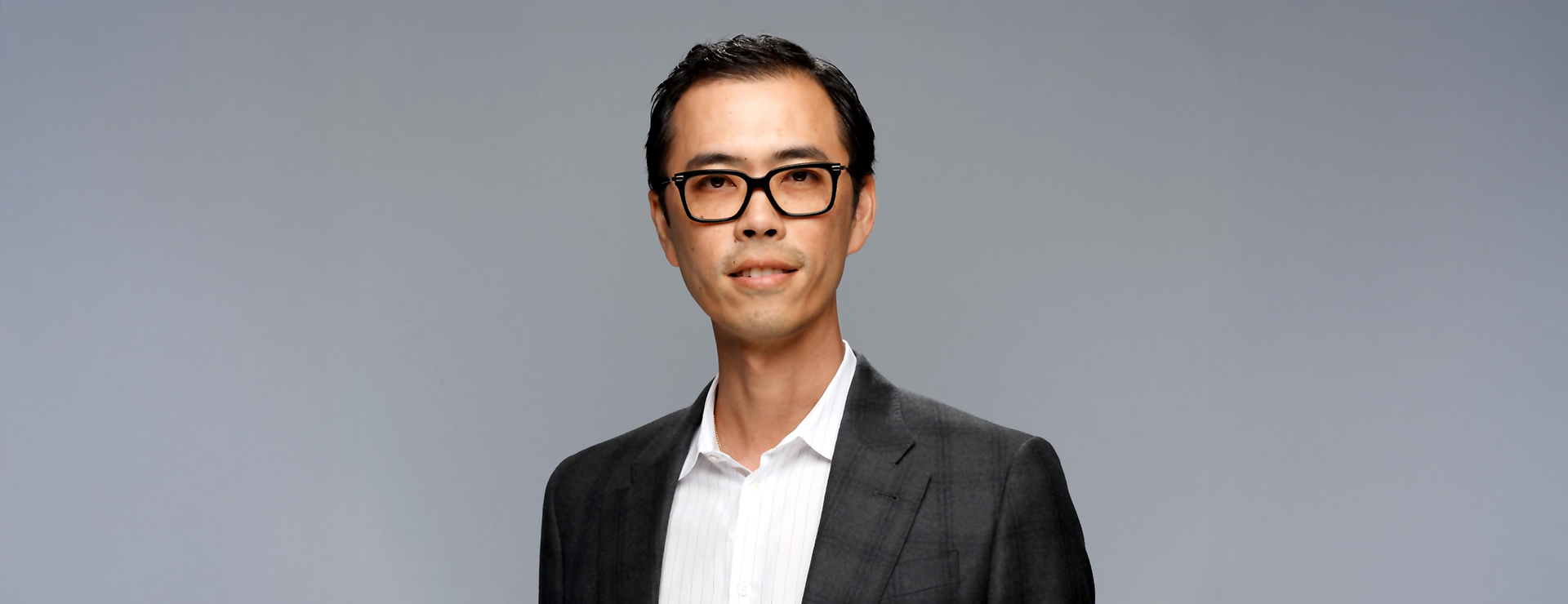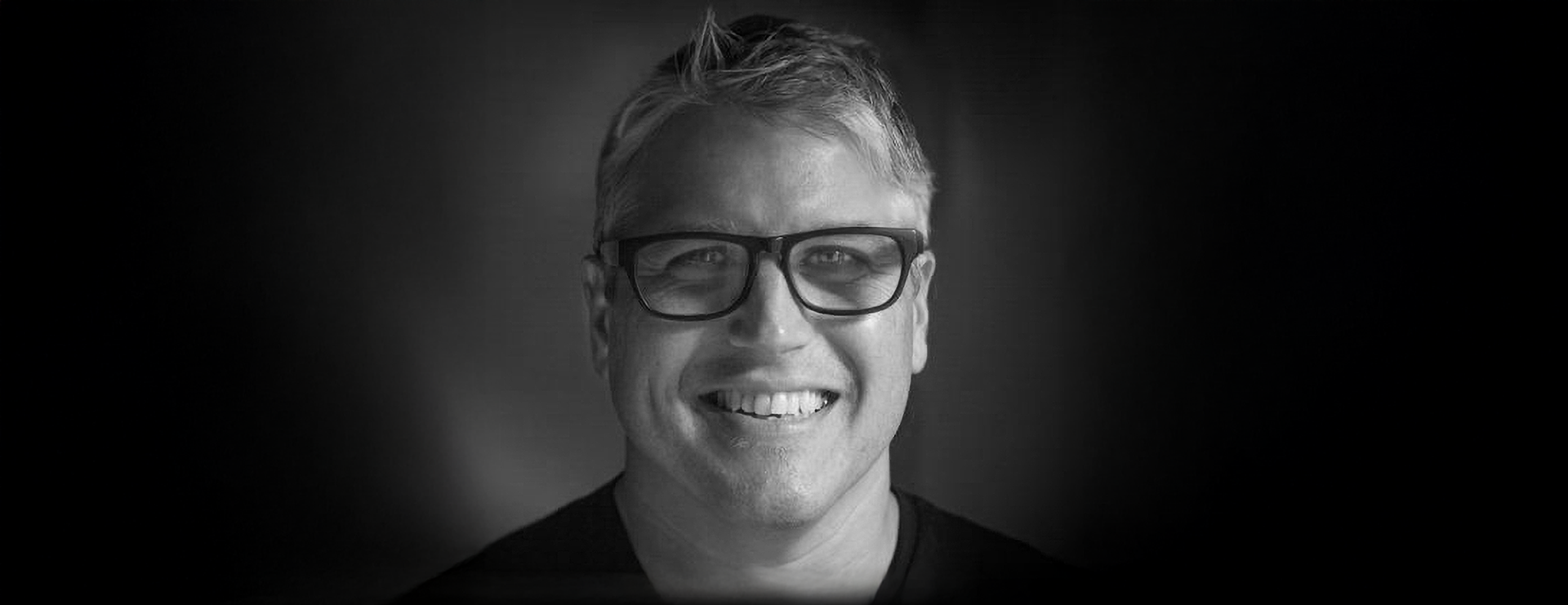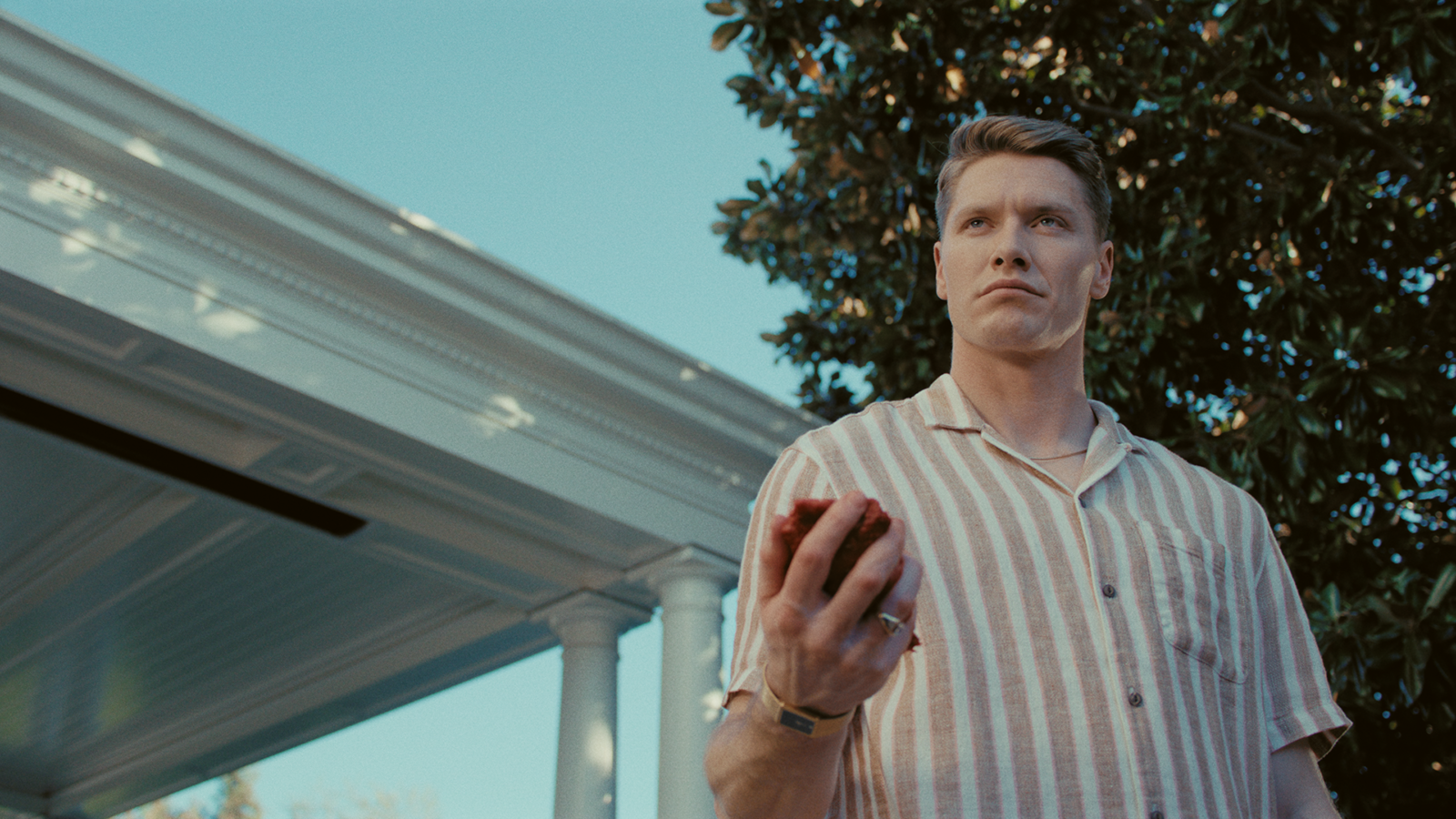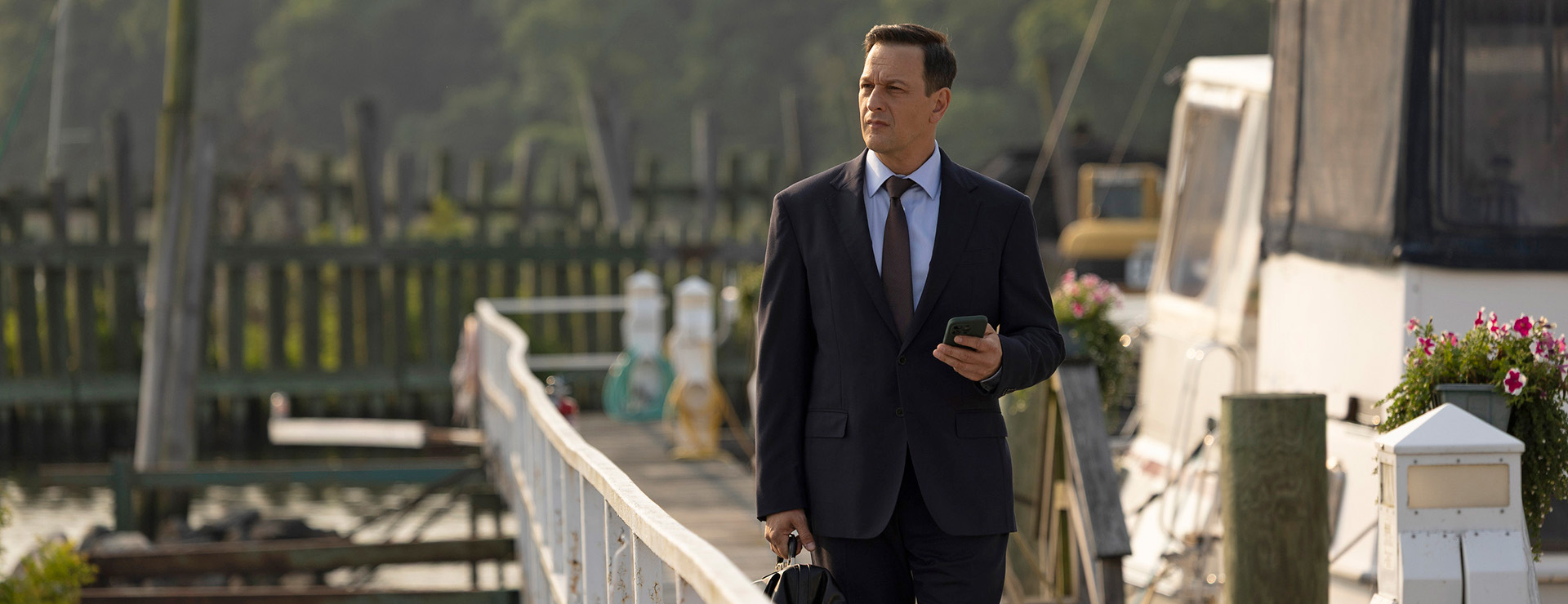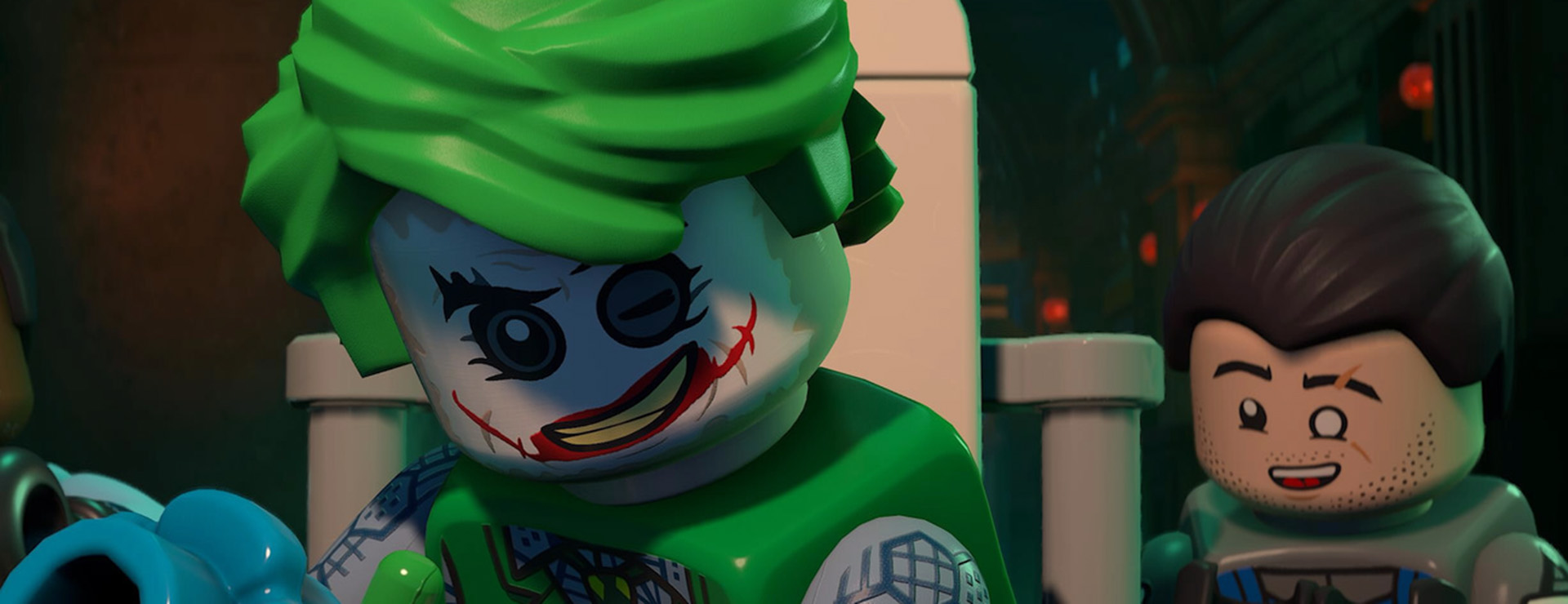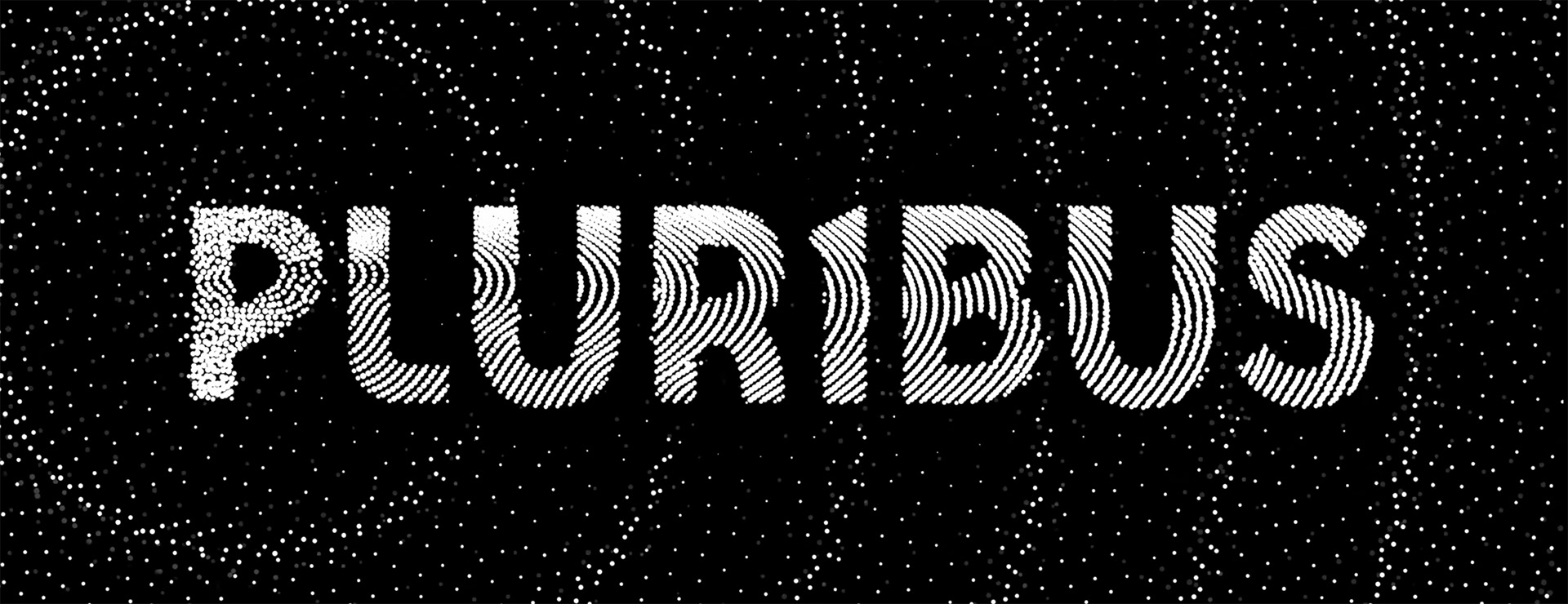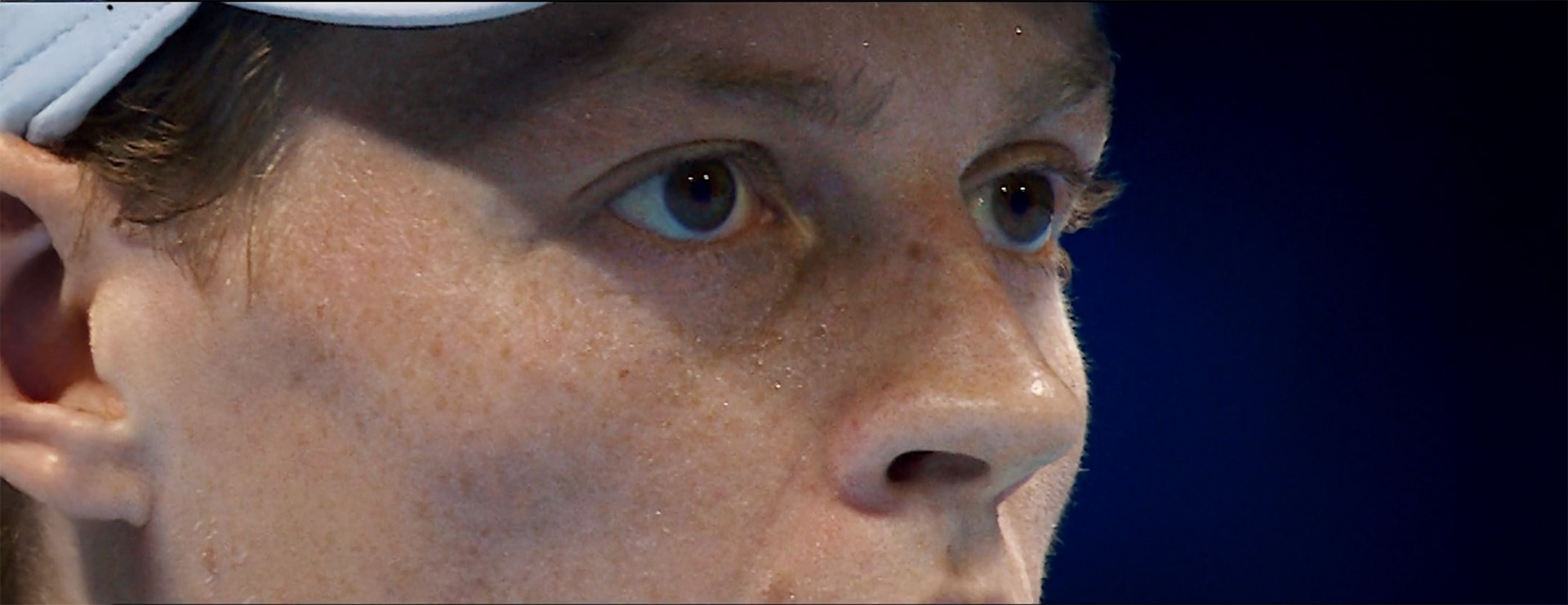A true polymath, Gabriella Mirabelli has lived several careers, constantly reinventing herself along the way.
A fine artist at heart – painting beautiful representations of light, water, nature and landscape in acrylics – Mirabelli now spends much of her time consulting and interviewing people for her podcast, Up Next, which features experts in the marketing and creative space. As a consultant, she helps entrepreneurs and senior executives develop their personal brands while accelerating the achievement of their goals.
Before going out on her own, Mirabelli was the executive vice president of consumer insights and brand strategy for MRC Media. Prior to that, she co-founded New York-based creative agency and strategic consultancy Anatomy, where she oversaw the consulting practice as well as client relationships, internal strategy and operations. She came to media after working in organizational and change management at Price Waterhouse after graduating summa cum laude from Tufts University and acquiring a masters degree from the London School of Economics.
Mirabelli joined Spotlight to discuss everything from her art to her take on AI to the changes she’d like to see made in entertainment marketing. Read the edited interview below.
Spotlight: You launched the Up Next podcast in August 2016 so it’s been on the air for almost nine years. What led you to start it, especially considering that it didn’t necessarily seem like the next logical step in your career trajectory?
Mirabelli: There's so much change happening, and the only way you can cope with change is by redeploying your tool set. But if you're really busy, you can't expand your tool set. How can you learn through conversation or through listening to other people's conversations? So I launched the podcast with the idea of creating a library of useful conversations. That was the thought behind it. It has been refined as time has gone on and become much more marketing focused. It was always entertainment, but now it's marketing writ large.
Spotlight: As a person who's always been a fine artist but has spent all of your career in business and strategy, have you found it hard to reconcile those two things? Did you ever feel like you weren’t being satisfied creatively?
Mirabelli: They're very different headspaces. You know how some people paint in public? Well, I lock the door. When my kids were younger, I had a sign that I would put out, saying ‘Mommy's painting.’ And you don't knock on the door, you don't come in. Musicians talk about getting into the flow. That's my flow.
For me, it is a way to center and calm down. That's what it does for me. It's not agitating art, it's centering art.
Spotlight: In this world of digital art, do you feel like painting is still a thing?
Mirabelli: Well, I have opinions. If you go back to cavemen putting their hand on a wall and spitting around it and making that, there's a point to manually making it. There is a point to physically connecting. There is a point to feeling the paint. There is a point to using too much water and seeing what that does and seeing how that actually is beautiful. There is a point to not being able to edit or undo.
The psychology of almost every painting reaches a point where it's going really well, but to really go to the next level, you have to take a leap. To really get your idea, you have to take a leap, and you could f–k up the whole painting. And you either leap, or you don't, and I've leapt and f–ked up the whole painting and then tried to recover it and made it worse, and eventually scraped the whole thing off. And just been furious. But I've also leapt, and it's worked, and it's been amazing. And that leap, that creative leap and trust and experimentation, that experience of doing that, you bring that to other areas of your life.
Spotlight: Do you think fine art is incorporated into entertainment marketing often enough?
Mirabelli: Fine art has always been marketing. The Sistine Chapel is marketing.
What do you think the statue of David was about? Initially, I think two other sculptors got a shot at that giant piece of marble and gave up, and then our man Michelangelo did it. He came along and he carved the statue that's telling the story, right? And it's promoting Florence, it's promoting religion.
I heard someone say recently that ‘storytelling is the human operating system.’ And I thought, ‘oh, that's good.’ There’s a quote that says something like ‘facts will educate you, the truth will convince you, but the story will stay with you.’ The story is what stays in your heart.
Spotlight: Obviously, we’re all talking about AI all the time. What do you, again as a fine artist yourself, think about the use of AI, both in marketing, because that’s what we’re talking about, but also in general?
Mirabelli: There's what I understand from a business perspective and what I understand from interviews I've done for the podcast and specifically with a German professor of marketing who test-drove using AI to create an image versus using freelancers, giving them both the exact same prompts. He then used the images to create ads and tested them in the marketplace. The AI – specifically Dall-E – won. It blew the freelancers away.
I've been interviewing people about AI since 2017. I knew it was happening and I knew where it was headed, because originally, I was talking to venture investors and people like that, and they were telling me. When people are like, ‘oh, don't worry, jobs won’t be eliminated.’ There is absolutely no doubt that jobs are being eliminated and they’re being eliminated so swiftly that your head will spin.
Spotlight: I also think that people aren’t going to say, ‘I have to make sure I maintain originality and creativity’ if they realize they can actually save hundreds of millions of dollars at the cost of having a little bit less uniqueness and creativity. I think that's an exchange people are willing to make.
Mirabelli: In marketing, there’s also a term that refers to the beauty of mediocrity. Mediocrity actually appeals amazingly well to people.
There are a couple of things that I think are really problematic from an organizational standpoint. Right now, we have a lot of people who know how to do things, who have written a lot and have learned how to write, who can correct an AI, can tweak an AI, can change an AI. They can see where it falls down. You become a really good writer because you write a lot. You get good at what you practice. And if we wipe out all of the junior early effort work, how do people cut their teeth? Yes, AI is trained on Guernica, so it can do Pablo Picasso. But Pablo Picasso didn't start with Guernica, and you don't get Pablo Picasso unless you first have these other things.
Similarly, the things that succeed on social media are when a brand comes to a creator, gives them a good brief and then lets that creator do their creative stuff. That's why it engages, because it's authentic, it's creative, and it's of that individual. It’s not AI.
Why might the brand’s own creative be being ignored? Maybe it’s because they actually never hash out a brief for themselves. They never really think through their own strategy. If they're working with an agency, they don't give a strategy at all. They're just like, ‘I'll know I when I see it,’ but they don't – I mean, they really, really don't. This was starting to happen when I had an agency, and from what I know from conversations with clients now, I think it's gotten worse. Agencies will ask clients, ‘Who are you talking to? What do you want them to feel? What do you want them to want?’ And the clients don't know. I mean the debacle of the HBO thing, my God.
Spotlight: Okay, let's talk about that. Last week, Warner Bros. announced that Max, which is its direct-to-consumer streaming service that has been called many things, but most recently Max, is going to return to its previous name, which was HBO Max. The critics, including HBO’s own John Oliver, have gone wild since that announcement.
Mirabelli: I mean the loss in brand equity, the hubris in thinking that you can just do away with all of that. HBO is synonymous with prestige, and you just jettison it. Now, there's a reason why they did it, which isn't rubbish. The idea was that they wanted to expand the brand. But you do that carefully. You don't lose the crown jewel from the crown. You create a sub brand and you lead with HBO. They could have been, ‘Max, home of HBO, discover more.’ I don't think changing your color is changing your strategy.
Spotlight: I want to go back to something you alluded to a bit earlier in this conversation, which is basically the question of being a woman in the industry. I don't love this question because I don't think any one person's experience represents anybody else's experience. But with that caveat in place, I’m still going to ask you the question.
Do you feel like as a woman in the industry – especially on the sides that you've been on, which have been very business-oriented – you’ve found that you ran into obstacles, or that there were glass ceilings, or that there were certain biases or challenges you’ve faced as a result of your gender?
Mirabelli: I think there are upsides and downsides. I think that sometimes I got invited into rooms because men wanted to invite me into the room, and and it was flirty, nothing untoward, but I got an opportunity that maybe another woman didn't get or another man didn't get, but you don't know it at the time because you were born being who you are. And the only way you know it is when you start getting old and no longer being it, and you're like, oh, this is what that was.
Spotlight: Do you think being a woman in this industry, or even in the workplace in general, has gotten any easier? Do you think there's been any evolution?
Mirabelli: I guess what I see, because I do personal strategy and I work with people during career transitions, and I see women of a certain age, and it's hard. There's ageism and it hits women harder. That's tough, right? You've achieved a certain amount, and then all of a sudden, you haven't. You've been the ‘A’ student, you've been the go-getter, the golden child, and then you're not, and nobody will have you.
I think there are women who are the exception to the rule who make it seem like everything's okay, but that’s not necessarily true. Marketing at the very junior level is heavy with women so wouldn’t you expect that to be true at the senior level too? But it’s not.
Spotlight: You’ve done the podcast for a few years now, and it’s interesting to me that after all of your experience, what you are really doing now is journalism. How did you develop the ability to interview people?
Mirabelli: I think it's primarily curiosity. I think that real curiosity in other people, like really being curious about information or people or their stories, is what it's about. And that's true with art too. With conversations, it's really listening and not listening to respond, but listening to learn, and then being a proxy for anybody else who wants to learn. I love interviewing people. It's one of my favorite things.
Spotlight: What do you think is going on right now in entertainment marketing that you think could be done better? And then, conversely, is there anything you see out there that you think is being done very well?
Mirabelli: In reverse order, the thing I thought was amazing was Apple’s Severance exhibit at Grand Central Station.
The biggest thing I would like to see, and that I don't believe is happening, (and if it is happening somewhere, I'd like to talk to the CMO who's doing it) is that entertainment CMOs need to have product under them. The product, the UX, the UI, how it is programmed, how you experience it, there should at least be a dotted line to marketing.
Marketing also should be hip to jowl with development, because it's your brand, it's your content, it's what you are.
I would also like to see companies integrate their social with their marketing because social is marketing. They are the same. Yet you see campaigns in which the only way they differ across platforms is that the aspect ratio has changed. That's not using the platform in question in the way it would be most useful.
I earlier mentioned briefs and how companies often treat in-house social teams versus how they treat creators. I think if you are hiring an agency to partner with you, you should give them a robust brief, you should answer their questions, and then you should let them do what you paid them to do. There's a lot of turning chefs into waiters. And whether that's insecurity or because somebody doesn't know their own thoughts, it's a colossal waste of time. Think what you could accomplish if you really surrendered and released, think of the time you could spend being strategic in your thoughts. Agencies are your partners, they are not your enemies and they are not your stooges.




